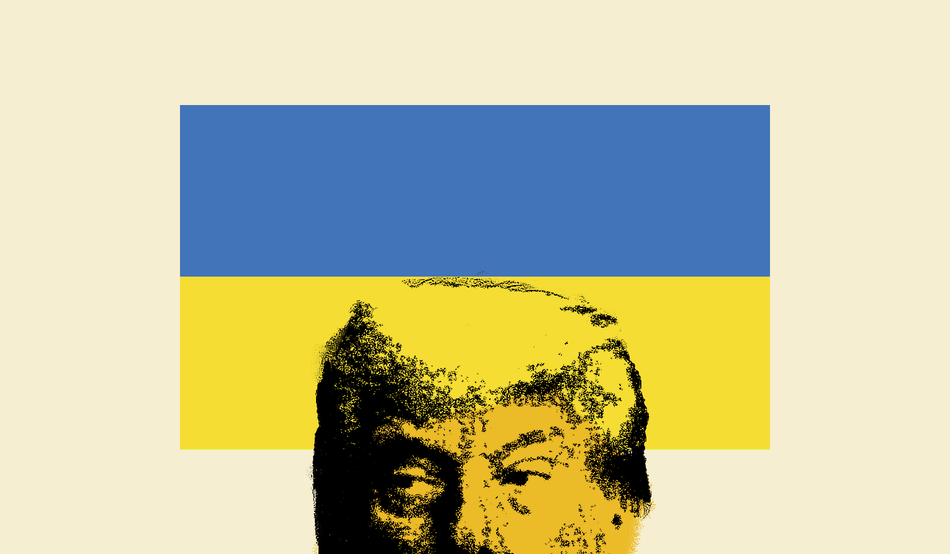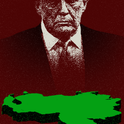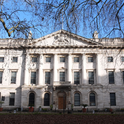Donald Trump’s initial strategy for Ukraine was to freeze the war with Russia and then do big economic deals with Vladimir Putin, isolating China and humiliating and dominating “liberal” Europe in the process. This failed because Putin would accept nothing short of the entire subjugation of Ukraine. Supported by the unexpectedly robust leaders of Europe, Volodymyr Zelensky was strong enough to forestall a Ukrainian collapse, even as Trump disengaged militarily.
So where next for Trump? And could “liberal” Europe still triumph, renewing a strong Atlantic alliance in the process? It now looks possible—and this week’s agreement by Trump to rearm Ukraine, however reluctantly, may be a turning point.
Trump’s predicament is that he can’t afford to be humiliated by Putin refusing to agree to any compromise whatsoever to end the Ukrainian war. Since January every US attempt at a ceasefire has been rebuffed by Russia, despite Trump’s obvious readiness to support draconian peace terms for Ukraine that are just short of complete capitulation. Putin either believes he can still win his war outright, or that he can’t survive a freezing of the conflict—or most likely both.
This is leaving Trump with little choice but to more actively support Ukraine on the battlefield. Learning the lesson of his disastrous first post-election encounter with Trump in the Oval Office, Zelensky has played a skilful game in recent months, respecting Trump in public while engaging in massive public and private diplomacy—including among Republican allies in Congress—to maintain US logistical and military support against Russia.
Confidence breeds confidence. Zelensky’s strength of leadership—and the ability of his military to just about hold off relentless Russian assaults by drones and demoralised soldiers—have maintained strong European support for the Ukrainian cause. The new chancellor of Germany, Friedrich Merz, has been decisive. He is at once more robust in support of Ukraine than his predecessor, Olaf Scholz, while also better at building support among Nato allies. He has also earned grudging respect for his strength of purpose (and fluency in English) from Trump.
Keir Starmer, brandishing an invitation for a Trump state visit to King Charles at Windsor Castle, and the silver-tongued new secretary-general of Nato, Mark Rutte, have been equally adept at combining flattery with persuasion. Rutte’s long experience of successfully managing fractious Dutch coalitions equipped him well for keeping Trump on board while persuading European Nato allies to make stronger commitments on defence spending, in line with the US president’s constant refrain about freeloading.
Last month’s Nato summit gave Trump no cause for a breach with Europe at a moment when his Putin strategy was clearly failing. Neither did the cautious European responses to Trump’s belligerent provocation on trade.
Trump is thus being manoeuvred into support for Ukraine—reluctant and modest, but decisive nonetheless. He simply can’t run a pro-Putin policy in a situation where Zelensky has enough domestic strength and international support to survive, while Putin is unable to triumph outright.
This is Europe’s moment to double down in its support for Zelensky. And make a play for a renewed Atlantic alliance with unity of purpose to resist Russian imperialism. It could be a decisive moment in taming Trump and saving the west.













